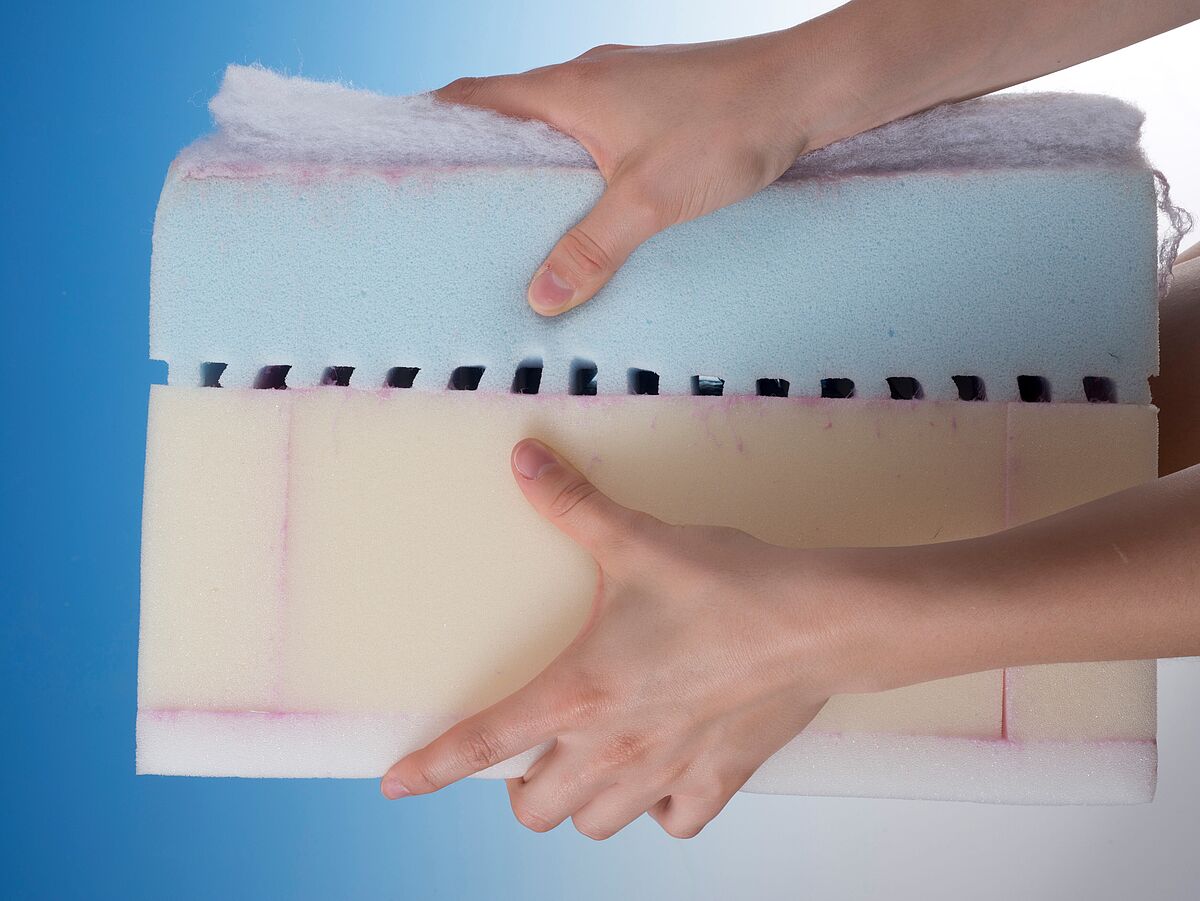With the help of enzymes as biocatalysts, the plastic materials polyurethane and polyvinyl alcohol can now be degraded under mild conditions.
Scientists at Greifswald University, together with the German company Covestro and teams from Leipzig and Dublin, developed the corresponding method, which was recently published in the leading chemistry journal Angewandte
Chemie International Edition published two articles respectively. Therefore, this means that it is possible to establish a sustainable and environmentally friendly process to recycle these polymers.
This helps to tackle the worldwide plastic waste problem, exemplified by these two large-scale industrially produced synthetic polymers.
Plastics are now indispensable in the production of construction materials, electrical insulation, beverage and food packaging, textiles and many other applications. Unfortunately, the large-scale production of synthetic polymers, especially for packaging materials, has created a huge waste problem for the environment. Polyurethane and polyvinyl alcohol polymers account for about 8% of European plastic production.
Methods for achieving environmentally friendly recycling of plastics have been the subject of intense research for several years. Not only would this alleviate environmental pollution, but it would also reduce the amount of fossil raw materials needed to chemically manufacture new plastics. In addition, waste incineration plants that currently burn plastic waste will emit less greenhouse gas CO2.
Polyurethanes are used in the production of mattresses, insulation materials, thermoplastic elastomers (e.g. sports shoes) and coatings (sealants, adhesives, coatings). While chemical methods to degrade these compounds have been developed, they are also energy-intensive due to the high temperatures and pressures required.
Biotechnological methods using microorganisms or enzymes as natural biocatalysts are an alternative, as they are capable of degradation at moderate temperatures not exceeding 40°C, especially recycling – the raw materials are separated to create new plastics, and No chemical reagents are used.
Uwe at the Institute of Biochemistry at the University of Greifswald
Together with scientists from Covestro, Prof. Bornscheuer’s team has now identified the key enzymes that are able to degrade polyurethane into its constituent raw materials after chemical pretreatment.

Yannick Branson, Ph.D. student, Greifswald University
“Finding these specific biocatalysts was very laborious because we had to screen around 2 million candidate enzymes in order to find the top three enzymes that were shown to be able to break the specific chemical bonds present in polyurethane,” said Dr.

University of Greifswald
Prof. Bornscheuer further explained: “With this ground-breaking discovery, we now have the prerequisites for the custom design of these biocatalysts using protein engineering approaches with the aim of developing industrial recycling of polyurethanes.”
Dr. Gernot Jäger, Head of the Biotechnology Competence Center at Covestro, added: “With these newly discovered enzymes, we are one step closer to our goal of enabling a circular economy for the polymer industry.”
Polyvinyl alcohol (PVA) has a variety of properties and is also widely used, such as coatings for fibers and films for packaging. So far, there is no mature process to degrade PVA. Here, Prof. Bornscheuer’s team develops the fundamentals of the biotechnological process together with polymer experts from UCD and scientists from Leipzig. The degradation of PVA can be achieved by a clever combination of three different enzymes, which are then able to alter the polymer in a stepwise manner, obtaining fragments of the polymer that can then be used for its recycling.

 微信扫一扫打赏
微信扫一扫打赏

